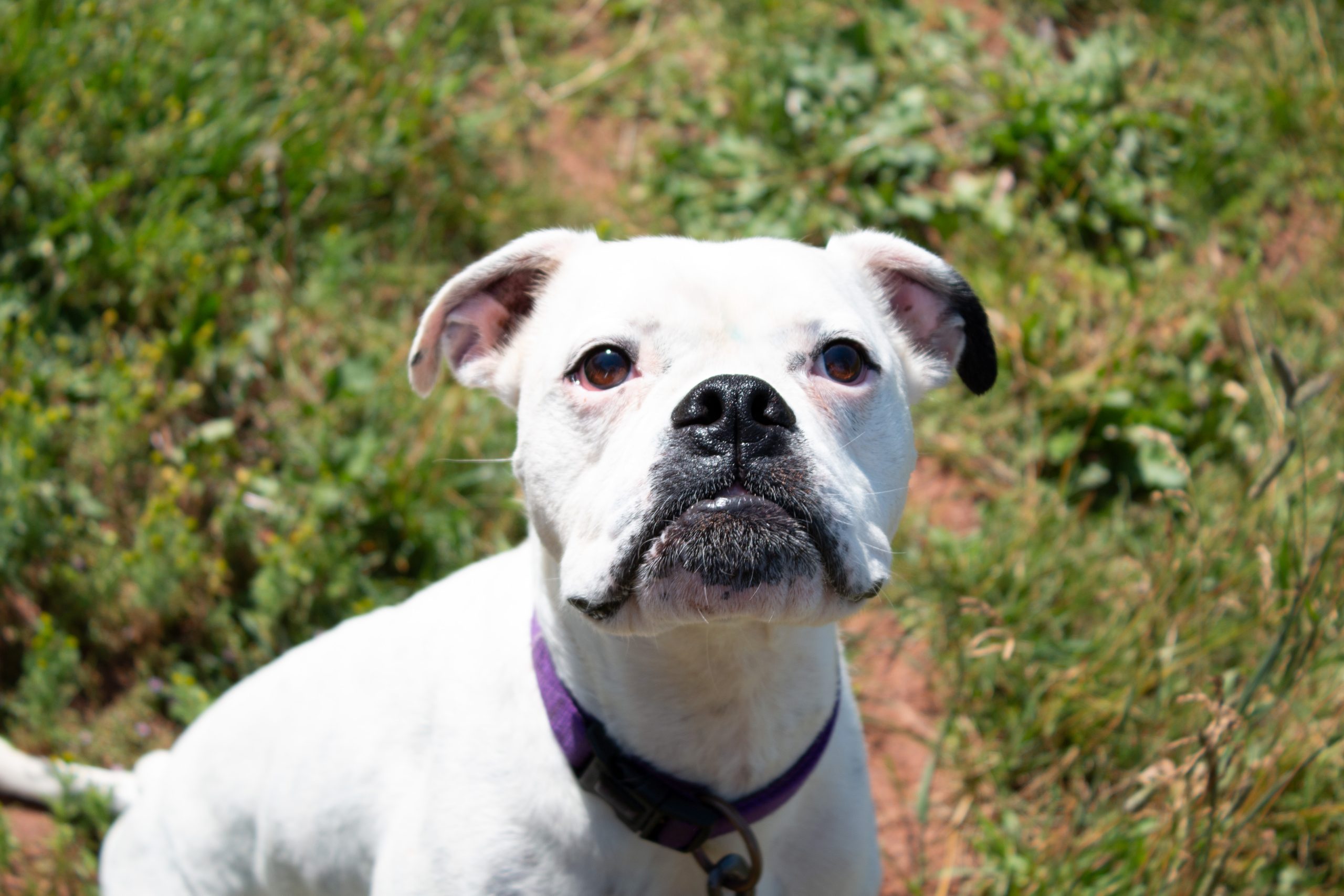Keeping Your Pets Safe During Extreme Heat
As the summer heat reaches its peak and we see heat waves becoming more and more common on PEI, it’s crucial to remember that our furry friends are more vulnerable to the scorching temperatures than we might realize. At the PEI Humane Society, we want to ensure your pets stay safe, comfortable, and healthy during these sweltering months. Here’s what you need to know about keeping your pets safe during extreme heat and recognizing the signs of heat stroke.
Recognizing Heat Stroke in Pets
Heat stroke can be a life-threatening condition for pets, and recognizing the signs early can make all the difference. Here are some key things to watch for:
- Excessive Panting and Drooling: While dogs naturally pant to cool down, excessive panting or drooling can be a sign of heat stress.
- Increased Heart Rate: A rapid heartbeat or difficulty breathing are red flags and can indicate heat stroke has set in.
- Lethargy and Weakness: If your pet seems unusually tired, weak, or has trouble standing, they may be overheating.
- Vomiting and Diarrhea: These symptoms can be indicative of severe heat stress/stoke.
- Bright Red or Pale Gums: Changes in gum color can be a sign of heat stroke.
- Seizures: In extreme cases, heat stroke can cause seizures or collapse.
Preventing Heat Stroke
Prevention is always better than cure. Here are some tips to help keep your pets cool and safe during hot weather:
- Provide Plenty of Water: Ensure your pet has access to fresh, cool water at all times. Consider adding ice cubes to their water bowl to keep it cooler for longer.
- Create a Cool Environment: Keep your pet indoors during peak heat hours, usually between 10 a.m. and 4 p.m. Use fans or air conditioning to keep indoor areas cool.
- Avoid Hot Surfaces: Pavement and sand can become extremely hot and burn your pet’s paws. Walk your dog in the early morning or late evening when surfaces are cooler.
- Never Leave Pets in a Parked Car: Cars can heat up rapidly, even with windows cracked. Leaving pets in a car, even for a short time, can be deadly.
- Limit Exercise: Reduce the intensity and duration of exercise on hot days. Instead, opt for shorter, gentler walks and provide plenty of rest breaks.
- Provide Shade: If your pet spends time outside, ensure they have access to shaded areas. You can also use cooling mats or wet towels for them to lie on.
- Use Cooling Products: There are various products available to help keep pets cool, such as cooling vests, mats, and bandanas. These can be especially helpful during outdoor activities.
- Brush Your Pet Regularly: Regular grooming can help remove excess fur and improve airflow to your pet’s skin, aiding in heat regulation.
What to Do If Your Pet Shows Signs of Heat Stroke
If you suspect your pet is suffering from heat stroke, act quickly:
- Move Your Pet to a Cooler Area: Get them out of the heat and into a shaded or air-conditioned space.
- Offer Water: Let your pet drink small amounts of cool water. Avoid ice-cold water, as it can cause shock.
- Cool Them Down Gradually: Use cool (not cold) water to wet your pet’s body. You can use a garden hose, wet towels, or place them in a cool bath. Focus on cooling their head, neck, and chest.
- Contact Your Veterinarian: Heat stroke is a medical emergency. Call your vet immediately and follow their instructions.
A Special Warning: Never Leave Animals in Hot Vehicles
One of the most critical precautions you can take during the summer months is to never leave your pets in a parked vehicle. Even with the windows cracked, the temperature inside a car can soar to dangerous levels within minutes, putting your pet at risk of severe heat stroke or death. If you need to run errands, leave your pets at home where they are safe and cool.
By staying vigilant and taking these precautions, you can help ensure your pet stays safe and healthy during the hottest days of the year. For more information on pet safety and wellness, visit the PEI Humane Society website or contact us directly.
Let’s work together to keep our beloved pets safe this summer!
For more pet care tips and updates from the PEI Humane Society, follow us on social media.


